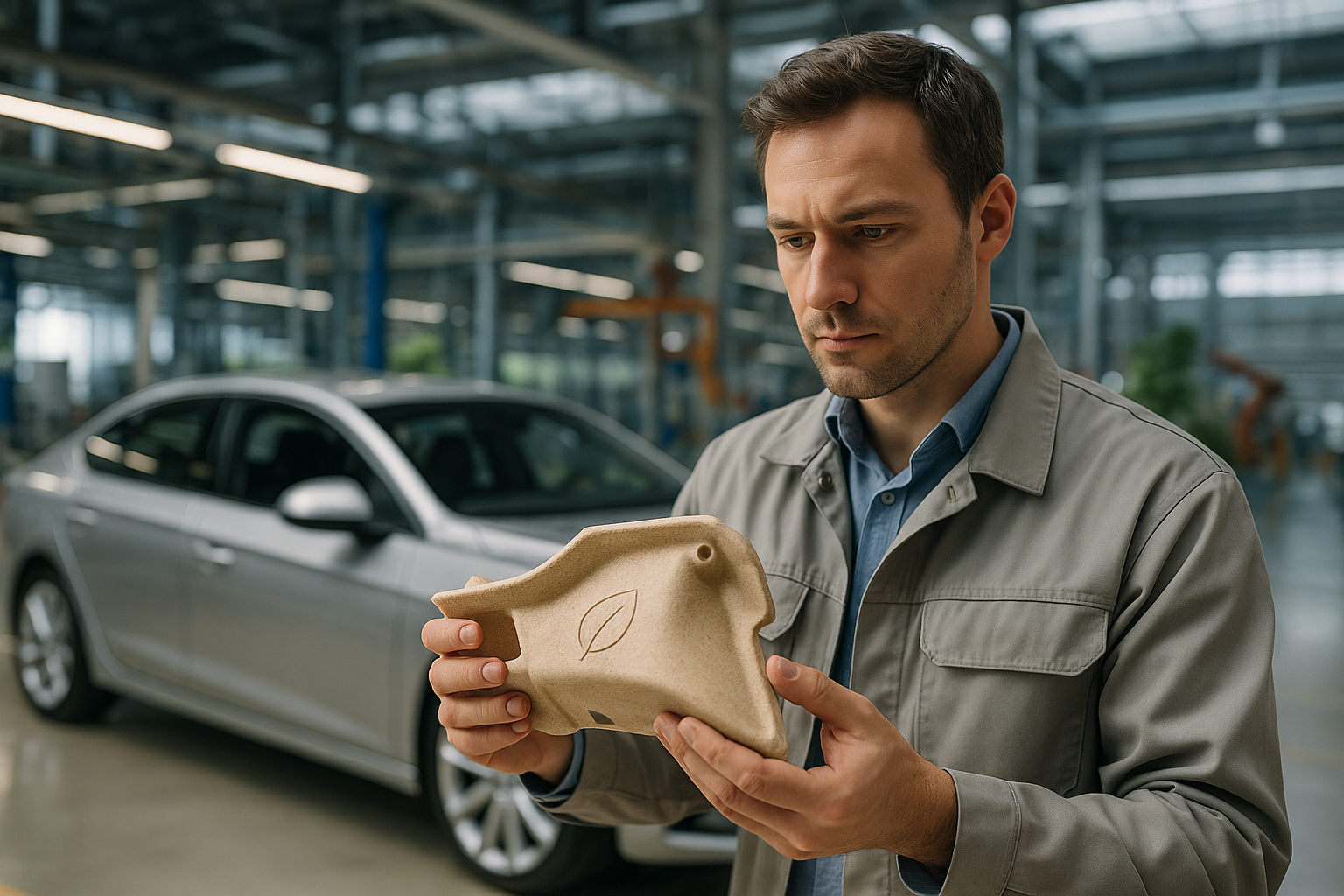Understanding Repossessed Cars: A Complete Guide
When a borrower defaults on car loan payments, financial institutions reclaim the vehicle through a process called repossession. These repossessed cars are then typically sold to recover the outstanding loan balance. For potential buyers, repossessed vehicles often represent an opportunity to purchase automobiles at prices below market value. However, navigating the repossessed car market requires understanding the various sources, processes, and potential risks involved.

What Are Repossessed Cars and How Does the Process Work?
Repossession occurs when a borrower fails to make payments according to the terms of their auto loan agreement. Most loan contracts allow lenders to repossess vehicles without court orders once payments are missed for a specified period, typically 60-90 days. After repossession, lenders must follow legal procedures, including notifying the borrower and providing a redemption period during which the borrower can reclaim the vehicle by paying off the loan and associated fees. If unredeemed, the vehicle is prepared for sale through various channels to recover the outstanding loan balance.
Where to Find Repossessed Cars For Sale
Repossessed cars become available through multiple channels, each with its own processes and potential advantages:
-
Bank and Credit Union Auctions: Financial institutions often hold regular auctions to sell their inventory of repossessed vehicles. Some are open to the public, while others restrict participation to licensed dealers.
-
Government Auctions: Federal, state, and local government agencies sell seized and surplus vehicles through public auctions, both in-person and online through sites like GSA Auctions and GovDeals.
-
Online Auction Platforms: Websites like Manheim, ADESA, and Copart specialize in vehicle auctions, including repossessions, and offer both dealer-only and public sales.
-
Direct Bank Sales: Some financial institutions sell repossessions directly to consumers through their websites or physical locations, bypassing the auction process.
-
Used Car Dealerships: Dealers often purchase repossessed vehicles at wholesale auctions and then retail them to consumers, typically after reconditioning.
Advantages and Disadvantages of Buying Bank Repossessed Cars Nearby
Advantages:
Repossessed vehicles often come with significant price advantages compared to traditional used car markets. Banks and financial institutions are primarily concerned with recovering the outstanding loan balance rather than maximizing profits, which frequently results in below-market pricing. Local bank repossessions can provide additional convenience for inspection and purchase.
For buyers with mechanical knowledge or those willing to research thoroughly, repossessed cars represent an opportunity to find vehicles with good remaining value. Since repossessions occur across all vehicle types and price ranges, buyers can find everything from economy cars to luxury vehicles.
Disadvantages:
The most significant drawback is the limited inspection opportunities. Many auctions allow only visual inspections without test drives, increasing the risk of undiscovered mechanical issues. Additionally, most repossessed vehicles are sold “as-is” without warranties, transferring all risk to the buyer.
Repossessed vehicles may have maintenance history gaps, as previous owners experiencing financial difficulties might have neglected regular maintenance. Some vehicles might have hidden damage or wear that becomes apparent only after purchase.
How to Evaluate Repossessed Cars Before Buying
Thorough evaluation is crucial when considering a repossessed vehicle:
-
Vehicle History Report: Obtain a comprehensive history report using the VIN from services like Carfax or AutoCheck to check for accidents, title issues, and maintenance records.
-
Pre-Purchase Inspection: Whenever possible, have a qualified mechanic perform a detailed inspection. The cost ($100-300) is minimal compared to potential repair expenses.
-
Market Value Research: Use resources like Kelley Blue Book, NADA Guides, or Edmunds to determine fair market value and establish your maximum bid.
-
Financing Preparation: Secure pre-approval for financing before bidding, as many auctions require immediate payment or substantial deposits.
-
Title Verification: Ensure the title is clear and free of liens beyond the repossessing institution’s interest.
Pricing and Value Comparison for Repossessed Vehicles
The pricing advantage of repossessed cars varies based on acquisition method, vehicle condition, and market factors. Here’s a comparison of typical pricing scenarios:
| Acquisition Method | Average Discount | Condition Expectations | Additional Costs |
|---|---|---|---|
| Bank Direct Sales | 10-20% below market | Variable, minimal reconditioning | Title and registration fees |
| Public Auctions | 15-30% below market | As-is, limited inspection | Buyer’s premium (5-10%), transport costs |
| Dealer Resale | 5-15% below market | Reconditioned, possible warranty | Dealer fees, markup |
| Online Auctions | 10-25% below market | As-is, virtual inspection only | Transport costs, buyer’s premium |
| Government Auctions | 20-40% below market | Variable, often high mileage | Transport costs, buyer’s premium |
Prices, rates, or cost estimates mentioned in this article are based on the latest available information but may change over time. Independent research is advised before making financial decisions.
Legal Considerations and Documentation for Repossessed Cars
Purchasing repossessed vehicles involves specific legal considerations. Ensure proper documentation is provided, including a clear title transfer from the financial institution. Some states require specific documentation of the repossession process and subsequent sale. Additionally, verify that all liens have been properly released and that there are no outstanding claims against the vehicle.
Some repossessed vehicles may come with complications like unpaid parking tickets or toll violations that could become the new owner’s responsibility. Before finalizing any purchase, confirm that these issues have been resolved or factor their cost into your buying decision.
The repossessed vehicle market offers significant opportunities for informed buyers willing to conduct thorough research and assume some risk in exchange for potential savings. By understanding the sources, processes, and evaluation methods for repossessed cars, buyers can navigate this specialized market segment effectively and find valuable automotive deals.




